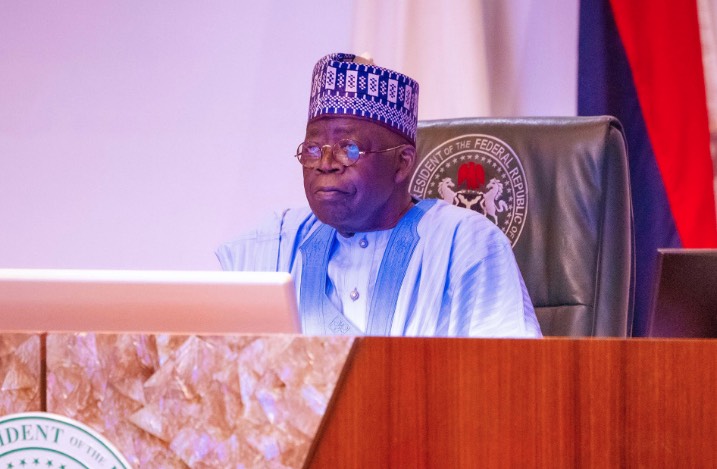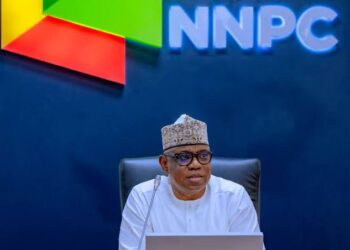By: Nwakaji Peace Martins
President Bola Tinubu asserted that the Federal Government is committed to enhancing the local government councils as part of efforts to address the security challenges in the nation. Tinubu made this statement during a national discourse on Nigeria’s Security Challenges and Good Governance at the Local Government Level, organized by the House of Representatives in collaboration with the UK International Development in Abuja.
Represented by the Minister of Defence, Mohammed Abubakar, Tinubu emphasized that the local government serves as the cornerstone of the country’s security framework. He acknowledged that insurgency, terrorism, banditry, and other security issues have significantly disrupted the peace and prosperity of the country, highlighting the necessity for the government to directly confront these security threats.

Tinubu’s administration is firmly dedicated to implementing strategies aimed at fortifying the local government system. This commitment is deeply rooted in a grassroots development approach, recognizing that sustainable development, national security, and prosperity can only be attained when every level of government operates efficiently and accountably. The importance of the local government system transcends mere administrative convenience; it is a pivotal component of the national security architecture. By empowering local governments to effectively and ethically fulfill their mandates, a solid foundation is laid for ensuring the safety, stability, and well-being of Nigerians.
Local governments, as the government closest to the people, play a crucial role in promoting human security by delivering essential services such as healthcare, education, sanitation, and social welfare programs directly to communities in need. They are instrumental in guaranteeing that communities are secure, prosperous, and resilient. Therefore, it is imperative to strengthen the local government system to effectively address these challenges by providing local authorities with the requisite resources and capabilities to implement sustainable development initiatives.

Security fundamentally revolves around human beings rather than just the state. Speaker of the House of Representatives, Tajudeen Abbas, called upon state governors to prioritize the country’s development and support President Tinubu’s advocacy for full autonomy for the local government councils. Abbas emphasized the urgent need to address the failures of the local government system, which has been plagued by challenges such as the encroachment of state governments on their functions, lack of financial autonomy, political instability, and corruption.
The integration of local governments into the mainstream of governance is a critical aspect of the President’s Renewed Hope Agenda. This was underscored by the Federal Government’s legal action against state governors at the Supreme Court regarding alleged misconduct in the administration of Local Government Areas (LGAs). The commitment of the 10th National Assembly to ensuring that local governments are empowered to fulfill their constitutionally assigned roles was reiterated, with a focus on enacting legislative frameworks to grant local governments the autonomy they deserve.
Furthermore, Minister of Justice and Attorney General of the Federation (AGF), Lateef Fagbemi, advocated for the abolition of State Independent Electoral Commissions (SIECs) due to their detrimental impact on local government development. Fagbemi proposed that the functions of SIECs should be transferred to the Independent National Electoral Commission (INEC) to address the fiscal emasculation of local governments by state governments. He highlighted the urgent need for constitutional reforms to enhance the effectiveness of the local government system in Nigeria.





































